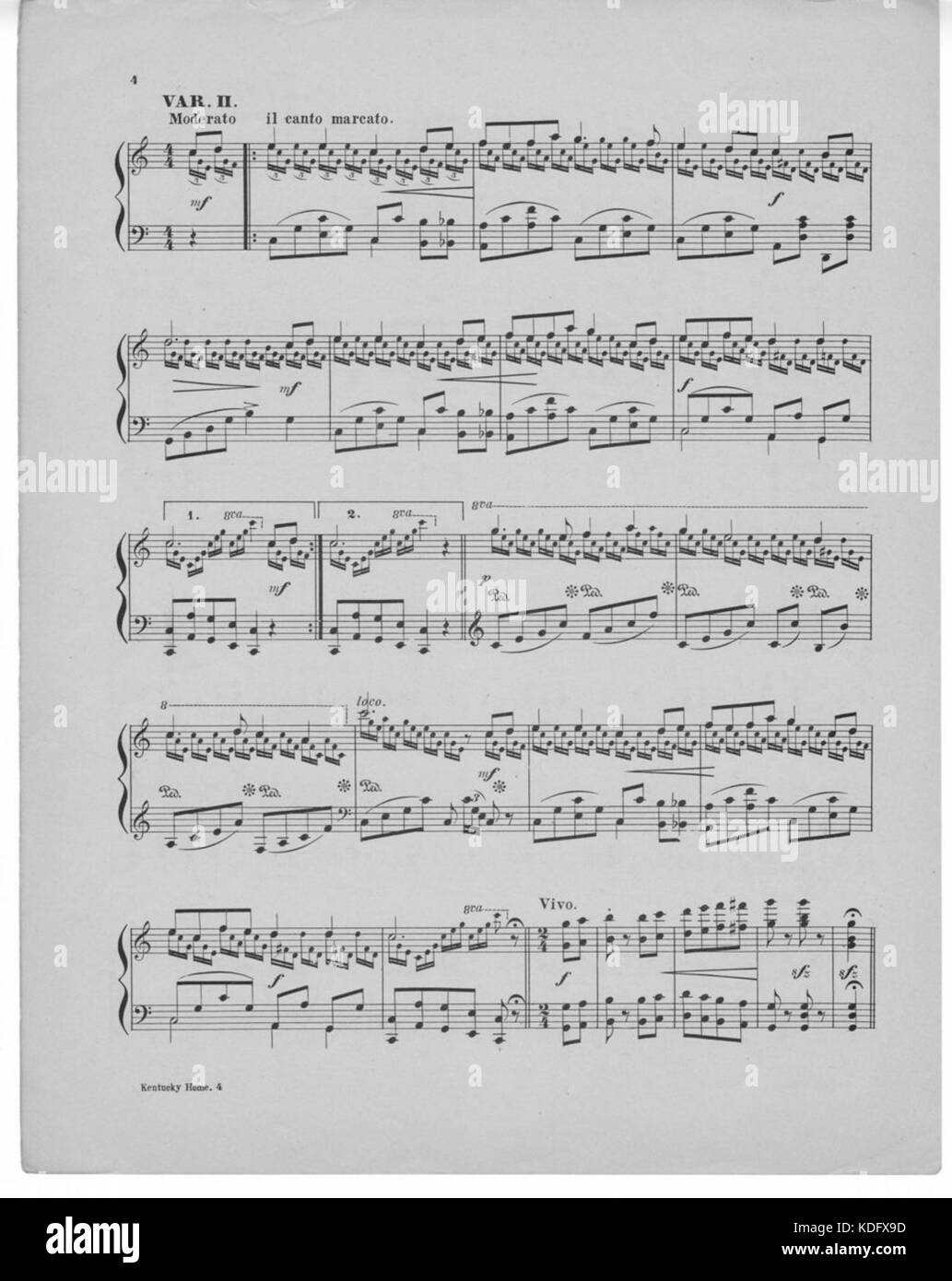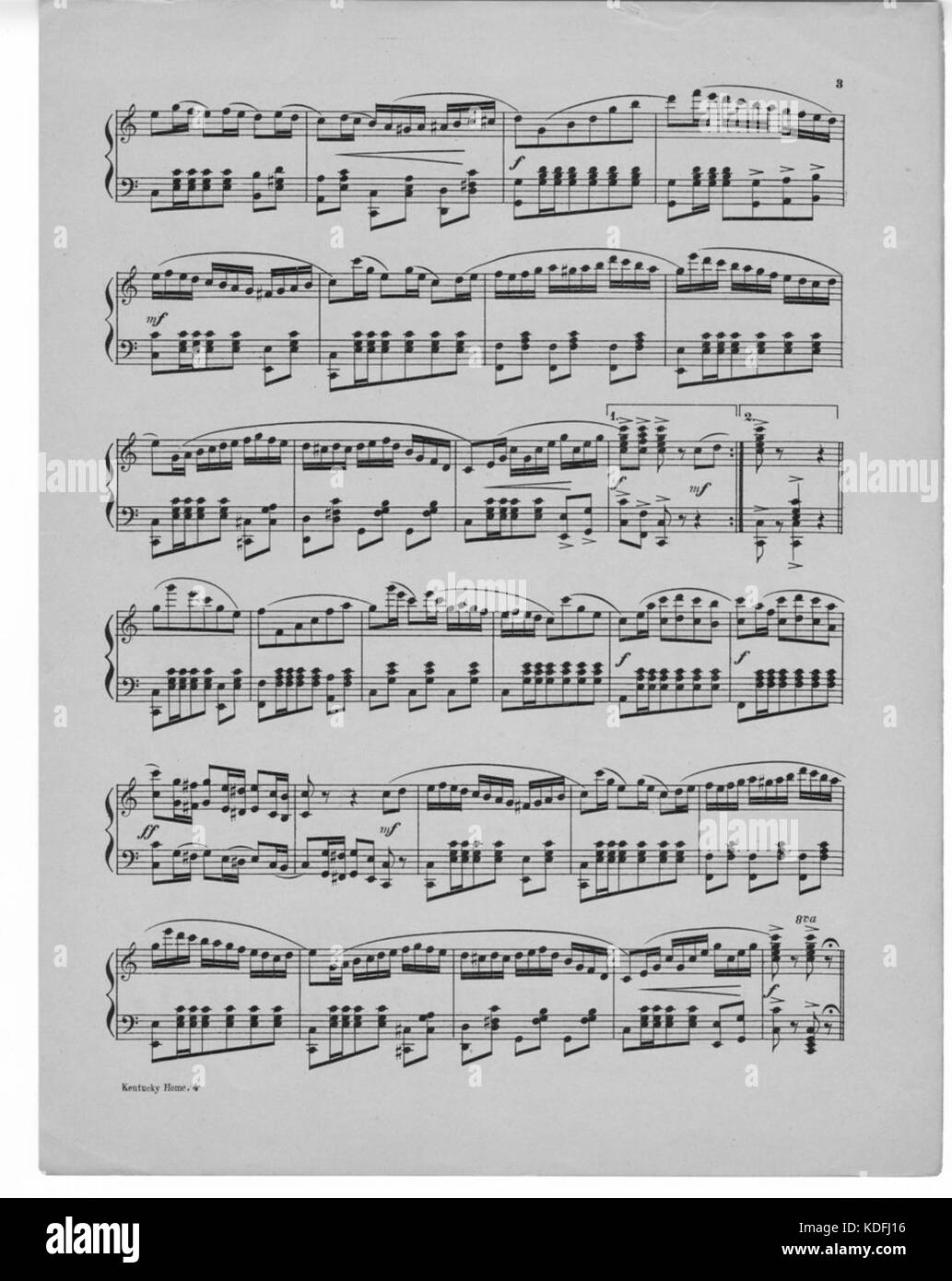Have you ever wondered about the origins of a song that resonates deeply with the cultural fabric of an entire state? My Old Kentucky Home, originally titled Poor Uncle Tom, Good Night! is more than just a melody; it's a narrative woven into the very soul of Kentucky. As we delve deeper into its history, you'll uncover layers of meaning and significance that extend far beyond its lyrical beauty.
This October 26th, enthusiasts are invited to explore the haunting echoes of Federal Hill during the annual “Shadows of Federal Hill” ghost tour. This event offers a unique perspective on the mansion's storied past, where spectral figures wander the halls, adding an eerie charm to the already rich tapestry of history. For those who appreciate the darker side of adventure, this is an opportunity not to be missed. The tour delves into the mysteries surrounding the estate, bringing to life tales that have been whispered through generations. My Old Kentucky Home Gift Shop also provides exclusive items such as candles inspired by local traditions, including Dark Fired Tobacco Barn Candle and Burley Tobacco scents, enhancing the sensory experience for visitors.
| Personal Information | Details |
|---|---|
| Name | Stephen Foster |
| Date of Birth | July 4, 1826 |
| Place of Birth | Pittsburgh, Pennsylvania |
| Career | Songwriter, Composer |
| Famous Works | Oh! Susanna, Camptown Races, Beautiful Dreamer |
| Notable Contribution | Composing My Old Kentucky Home in 1853 |
| Reference | Library of Congress |
The sun shines bright in the old Kentucky home, where summer brings joy and the corn tops ripen under golden skies. These lyrics from My Old Kentucky Home evoke images of a serene countryside, yet they carry within them the complexities of America's historical landscape. Written by Stephen Foster, the song was initially performed in blackface minstrel shows, a practice now widely condemned but reflective of its time. Despite its controversial beginnings, the melody transcended its origins, becoming an anthem embraced across racial divides.
In her book, My Old Kentucky Home, historian Emily Bingham meticulously examines how this minstrel song evolved over generations, transforming into a cherished piece of American folklore. She highlights the irony inherent in celebrating a tune born out of slavery, questioning why such narratives persist in collective memory. Through detailed research, Bingham uncovers how the song served as both critique and celebration of antebellum life, encapsulating contradictions central to U.S. identity.
As Roger belted out the familiar verses at a recent gathering, reactions varied among attendees. Some felt discomfort with his choice of performance style, reminiscent of outdated practices tied to racial stereotypes. Others focused solely on the musicality, appreciating the timeless quality of Foster’s composition. Such divergent responses underscore ongoing debates about preserving cultural heritage versus confronting painful truths embedded within it.
Today, My Old Kentucky Home stands officially recognized as Kentucky's state song, symbolizing pride and unity amidst lingering questions about representation and authenticity. Its journey reflects broader societal shifts regarding race relations and artistic expression. While controversy remains, there's no denying the profound impact this simple yet powerful tune continues to exert on national consciousness.
For those seeking further insight into the complex legacy of Stephen Foster and his works, exploring resources like the Library of Congress proves invaluable. They provide comprehensive archives documenting each step along the path taken by songs like My Old Kentucky Home, allowing modern audiences to engage critically with their histories.
Beyond mere entertainment value lies a responsibility to understand fully what these compositions represent historically and culturally. By doing so, we honor the voices silenced throughout history while fostering dialogue aimed toward reconciliation and growth.



